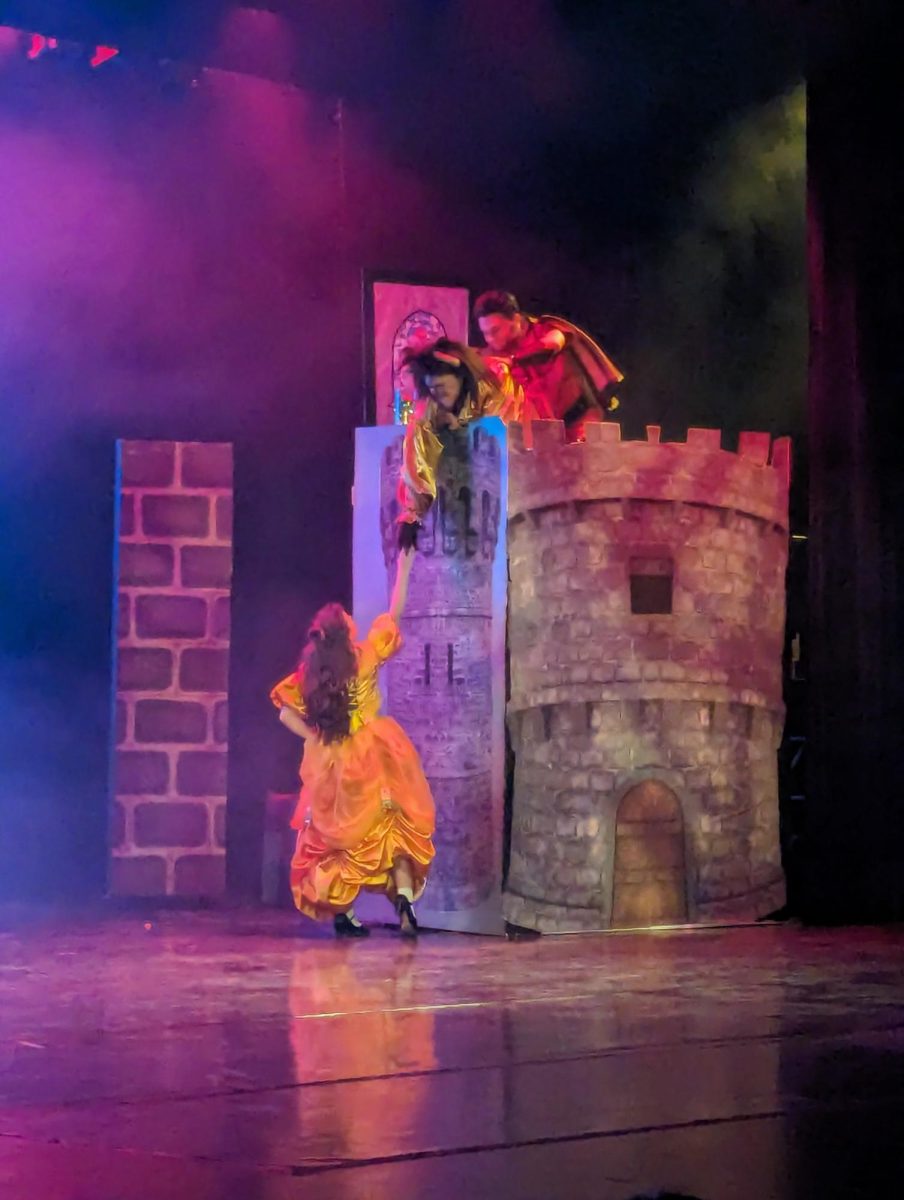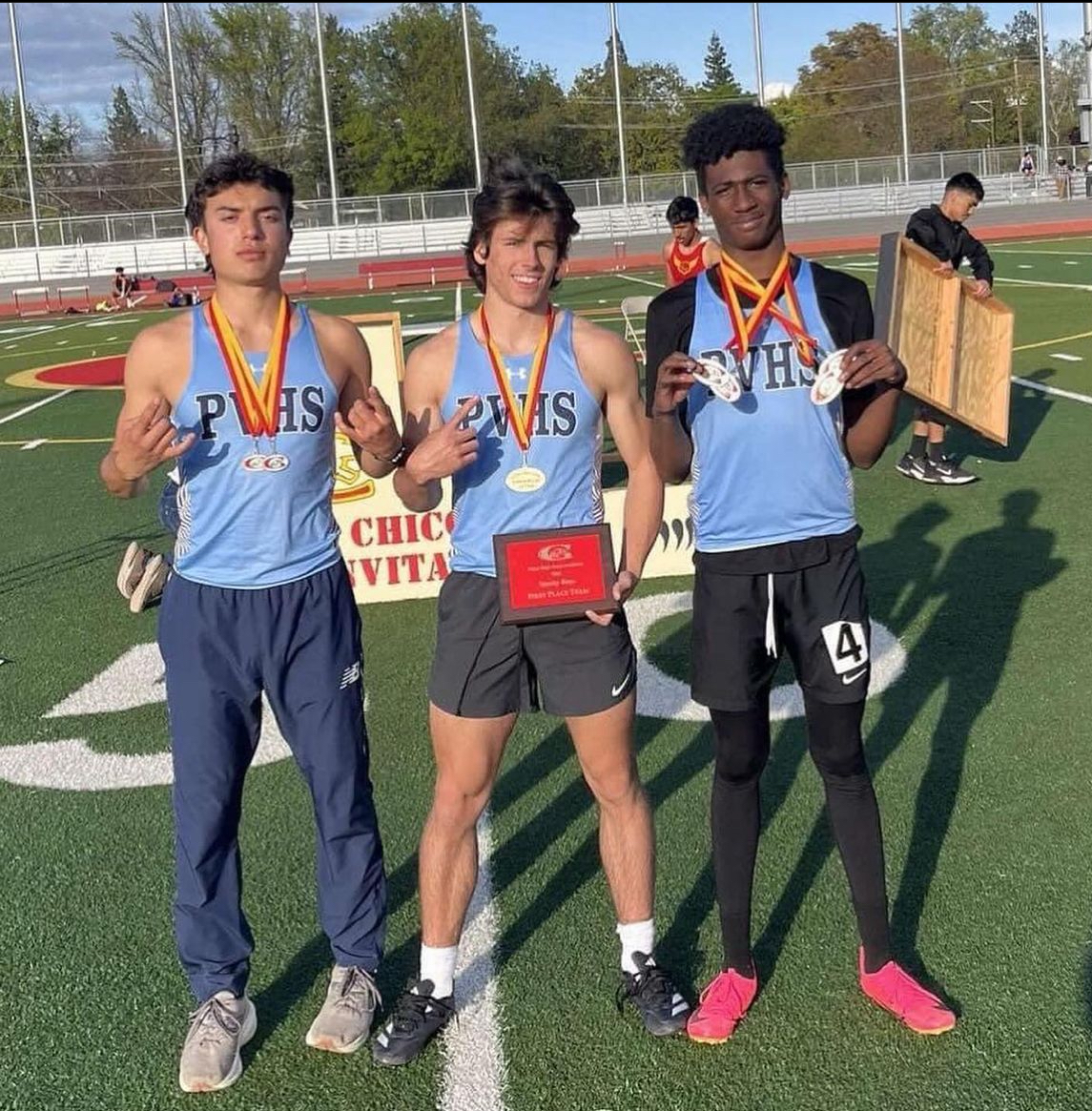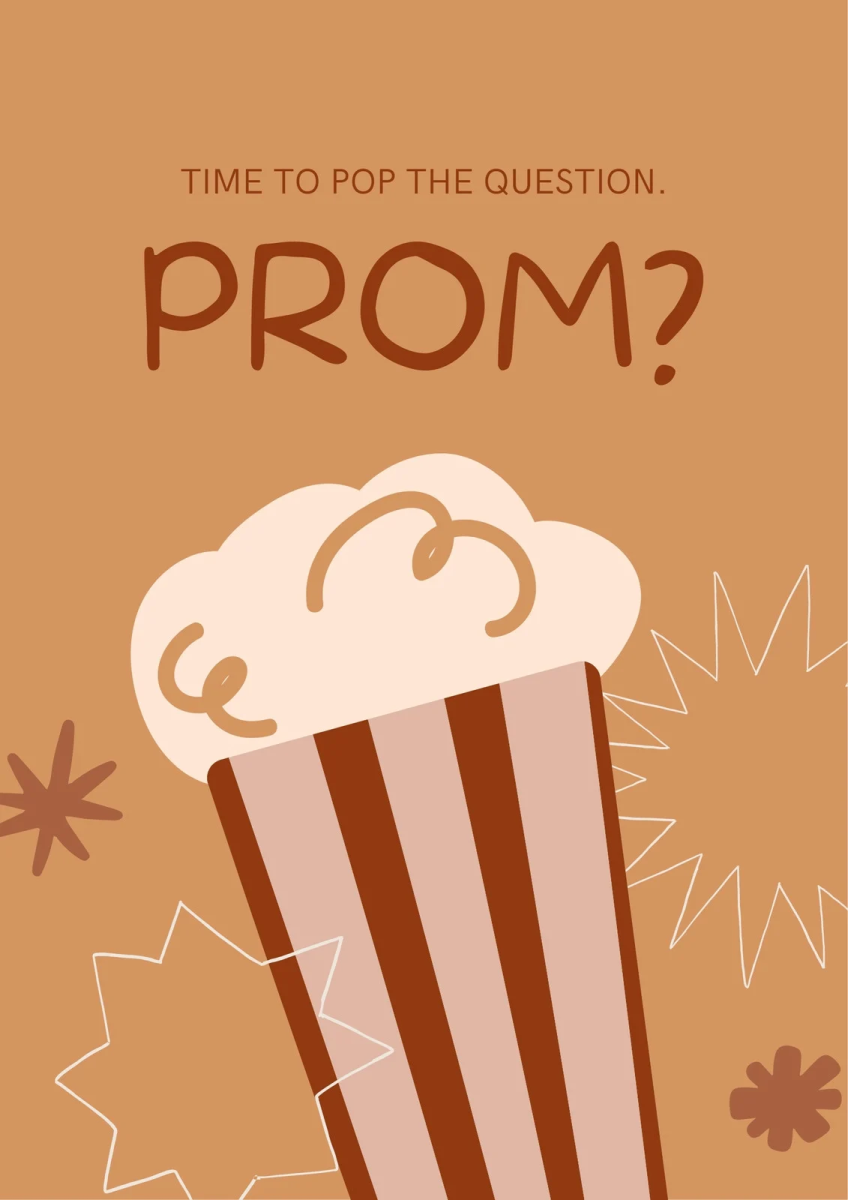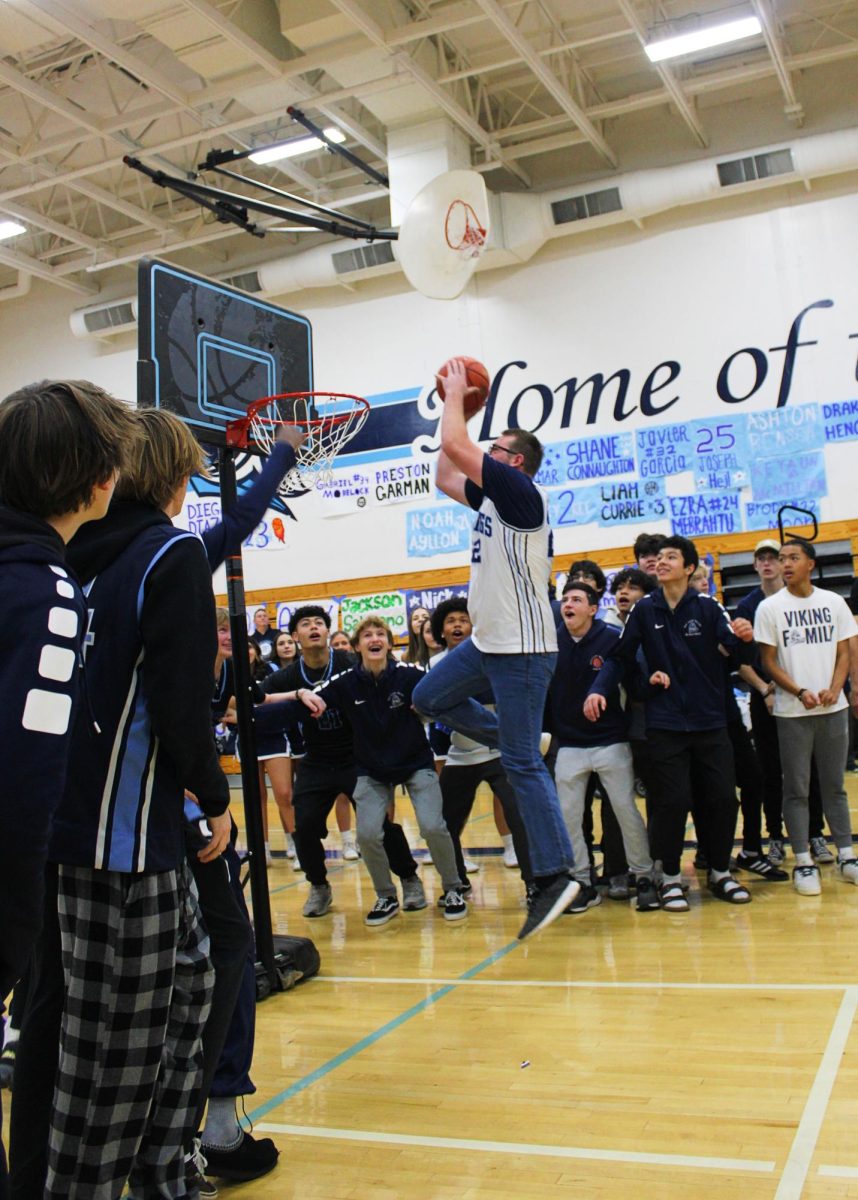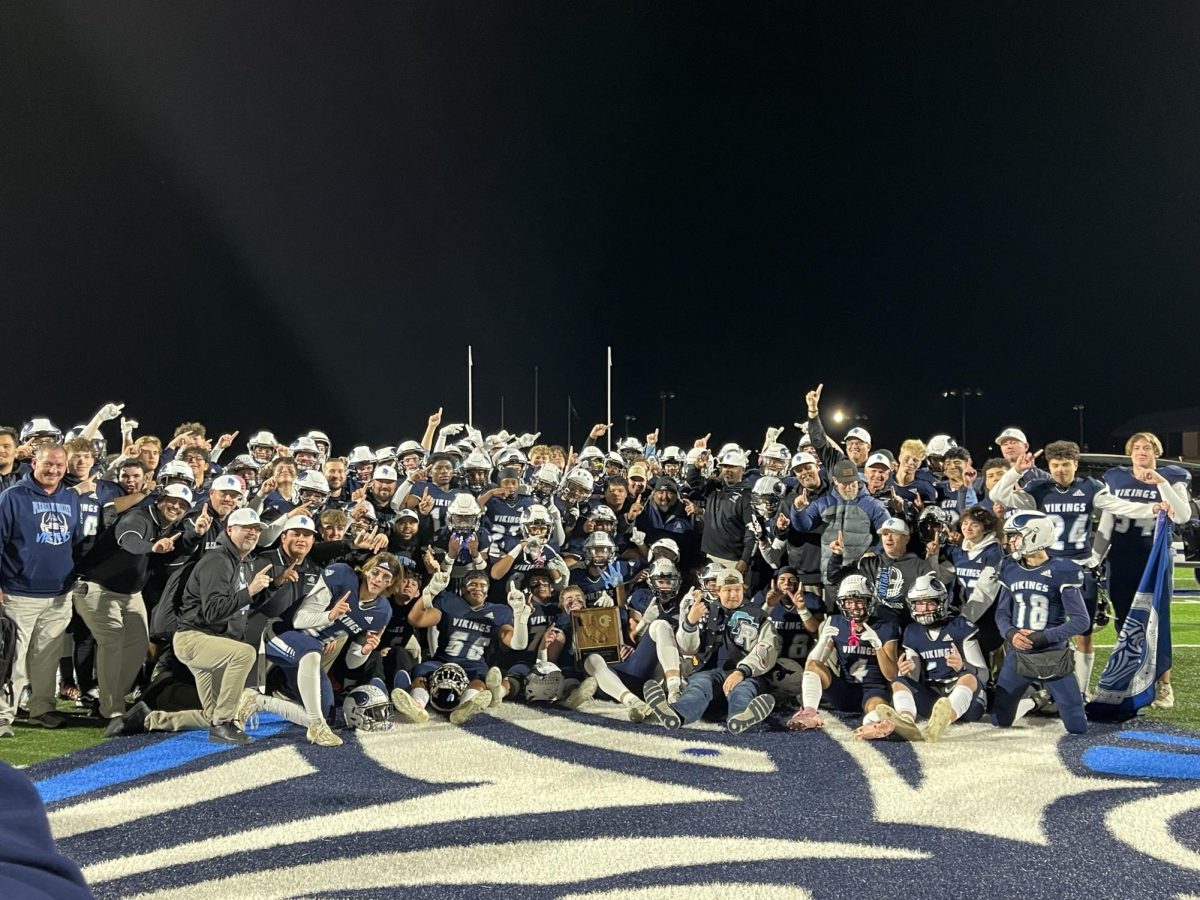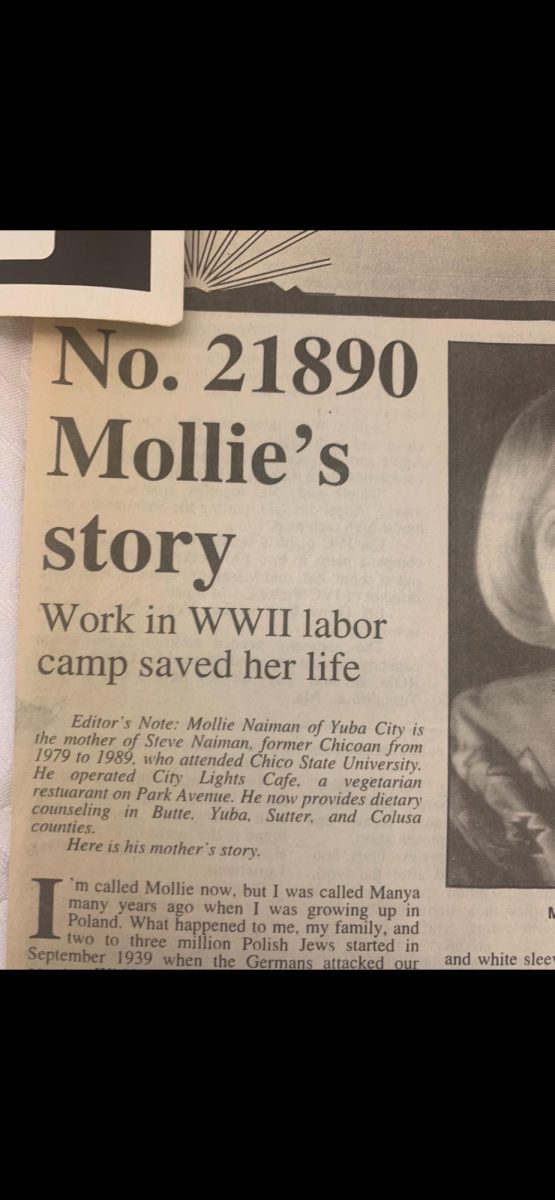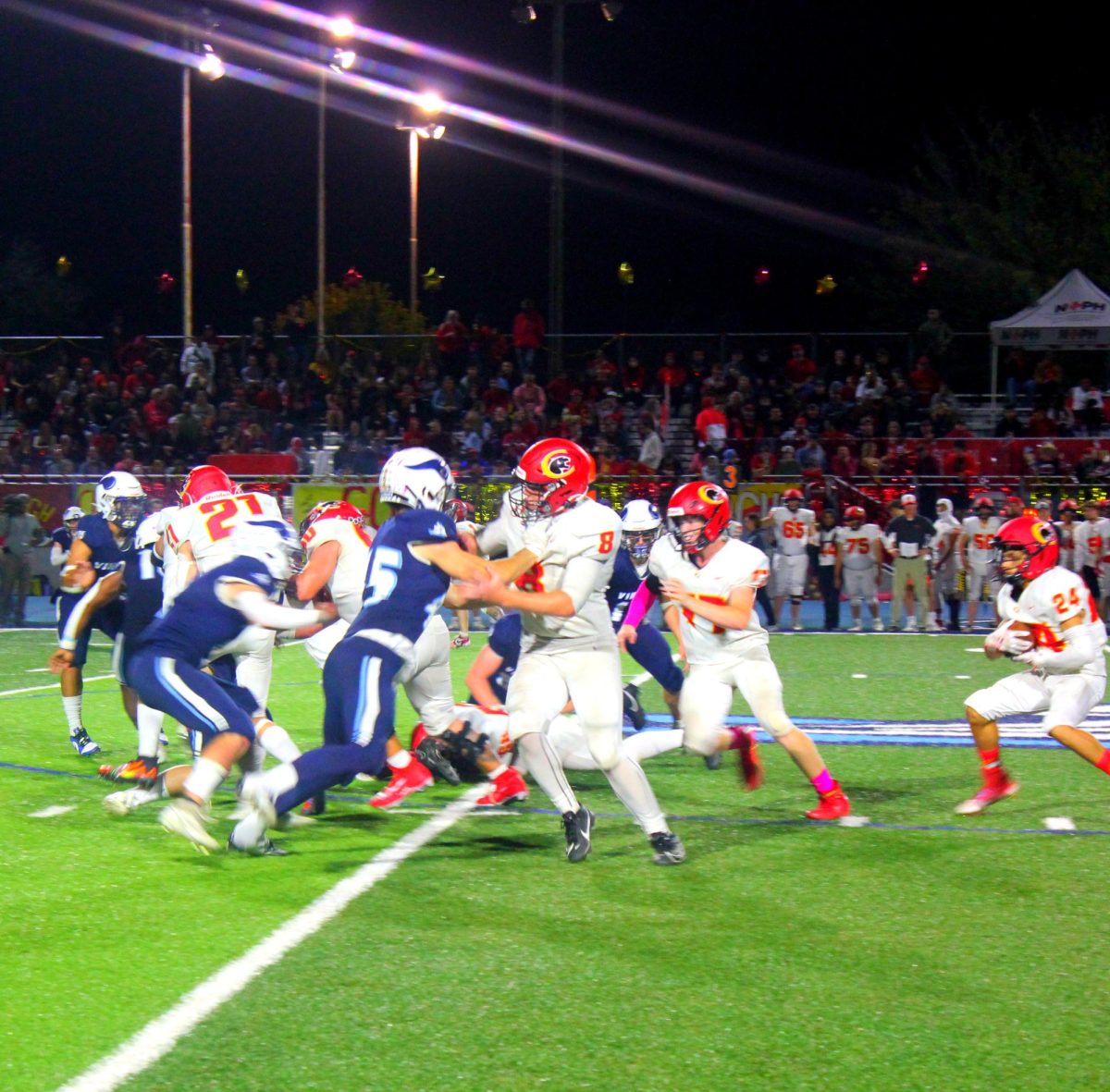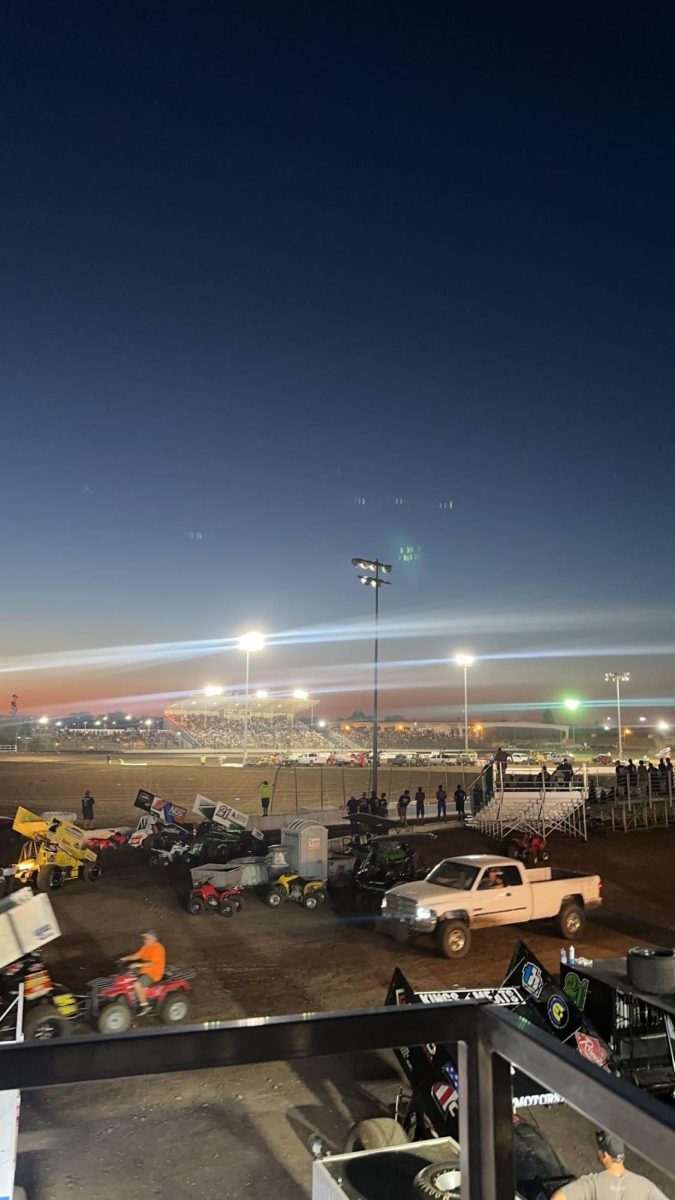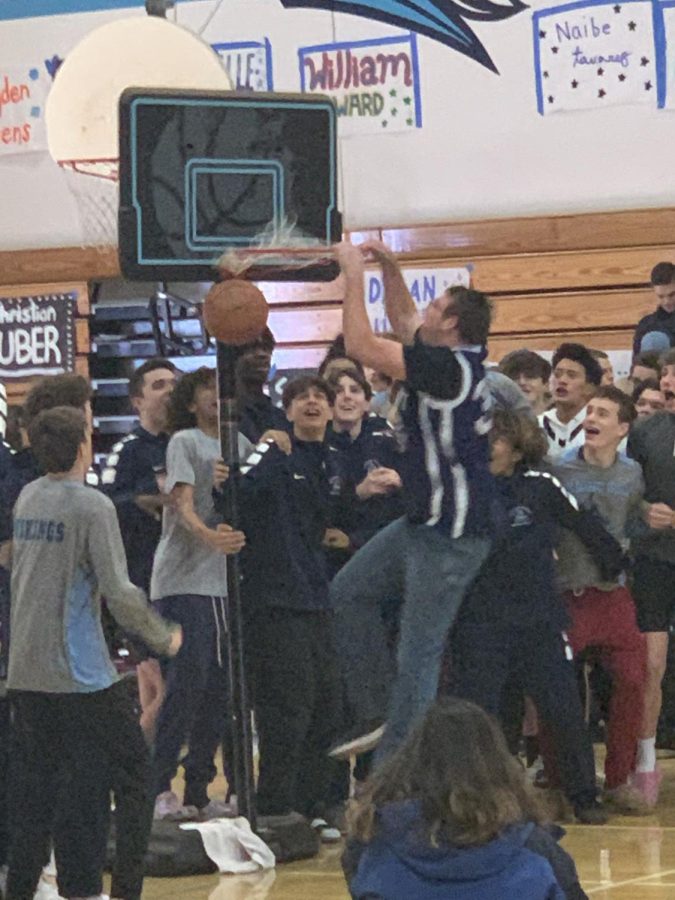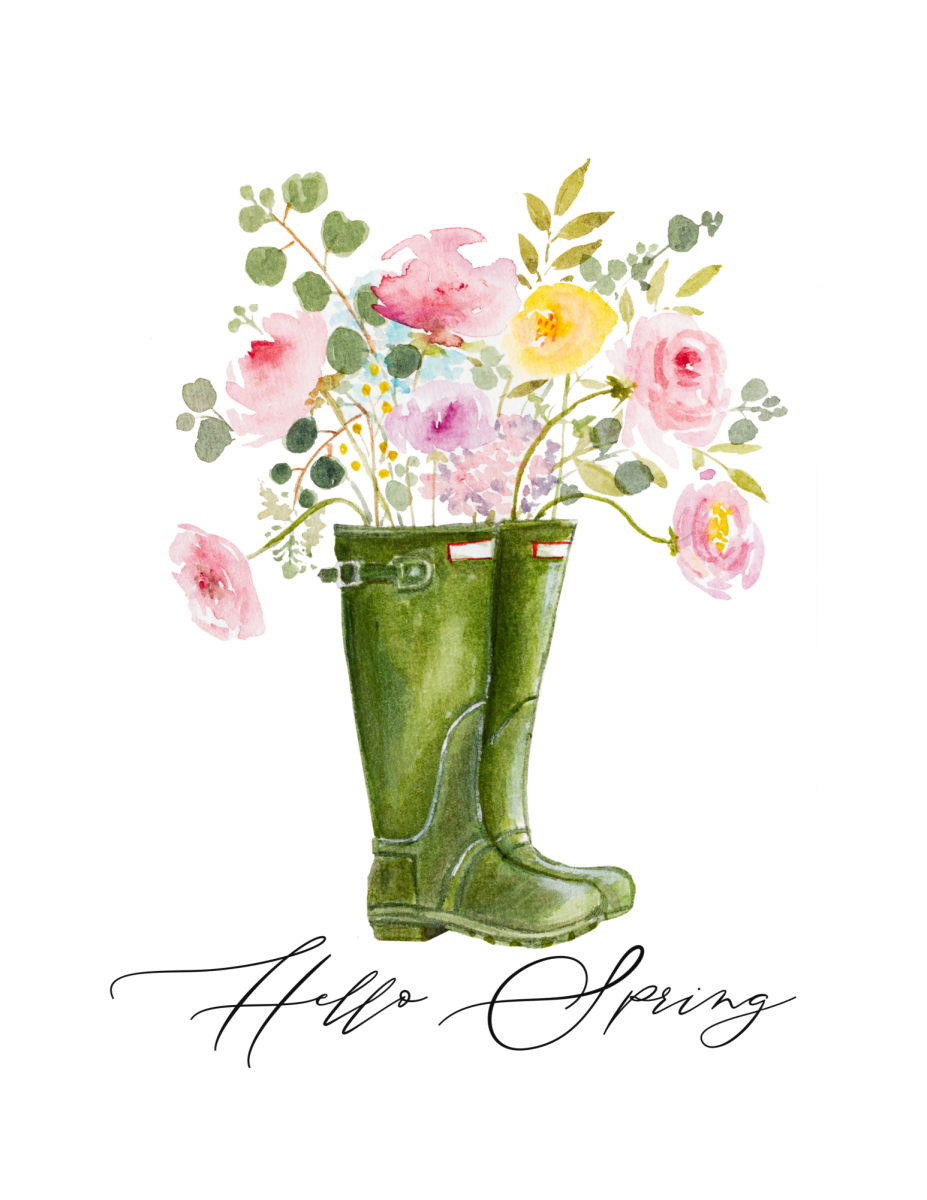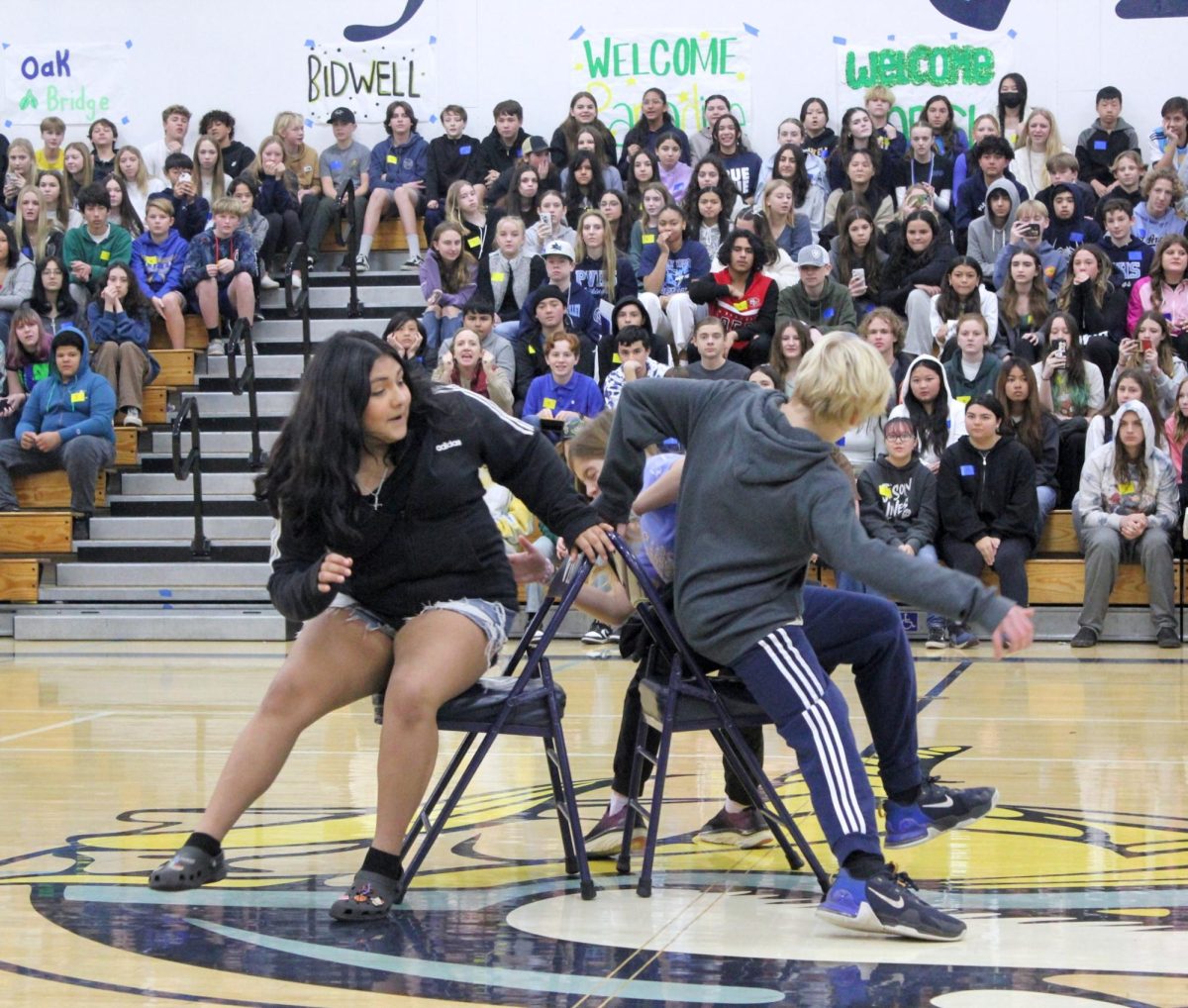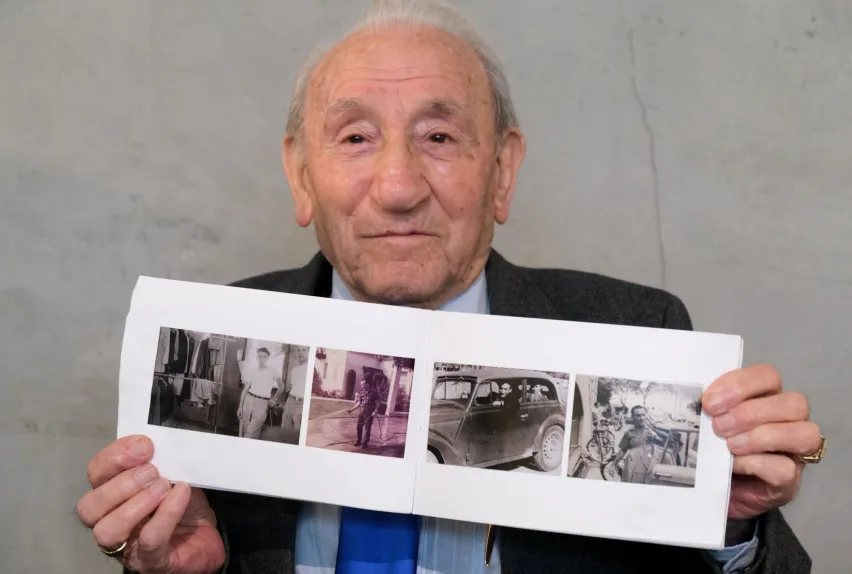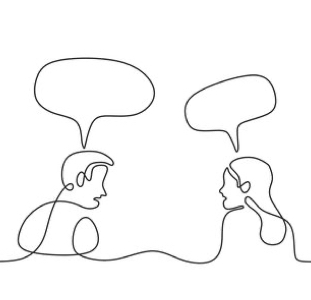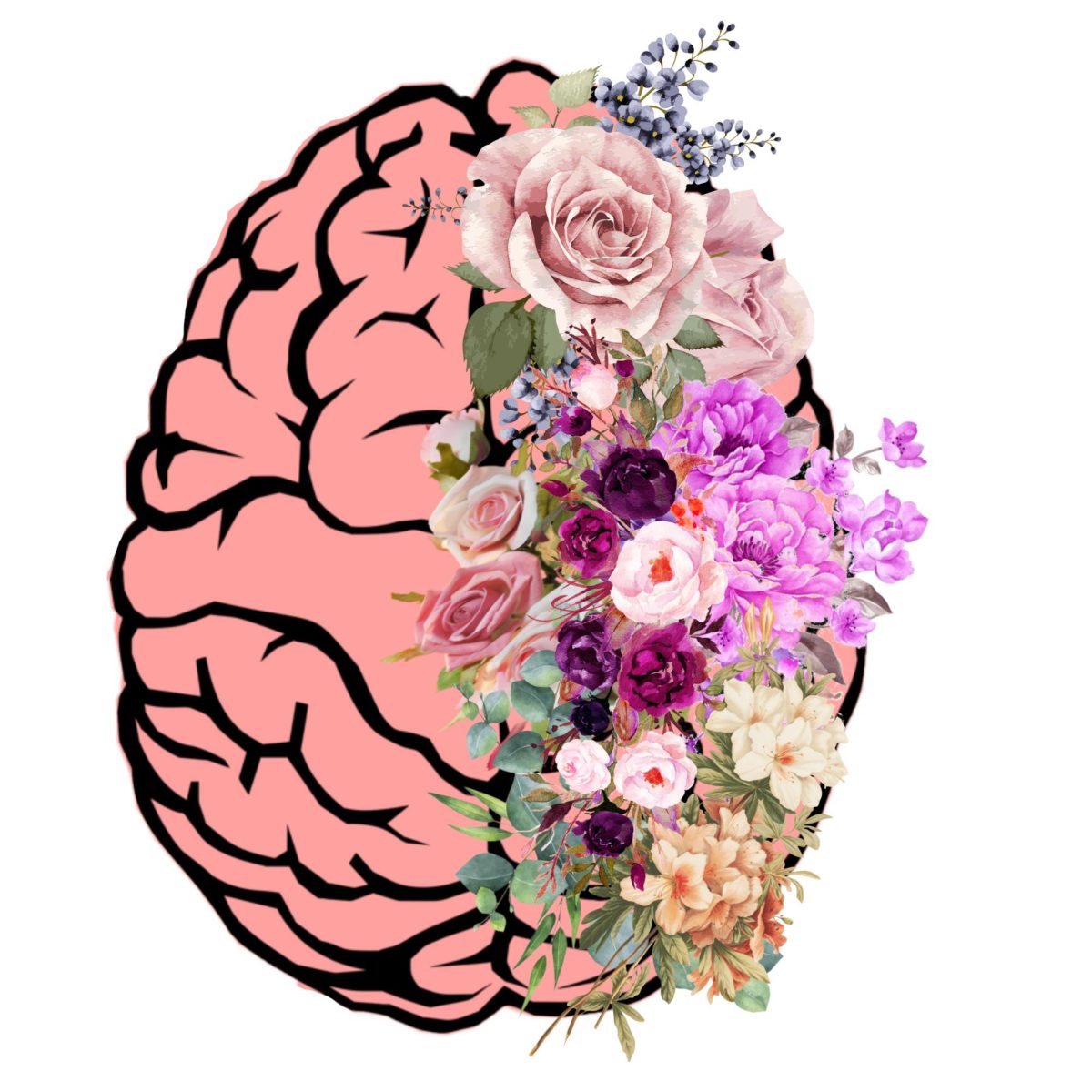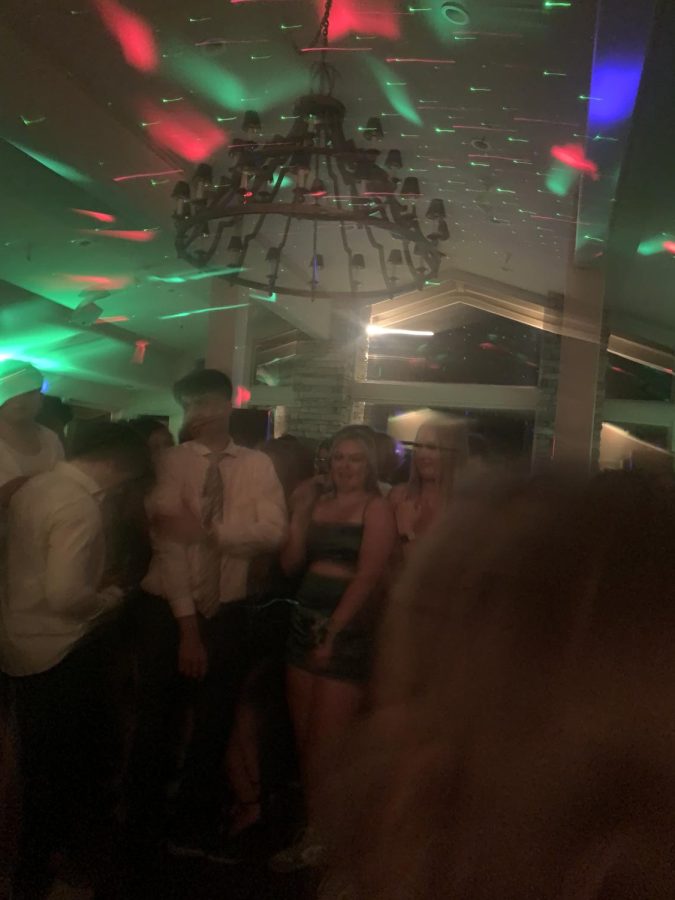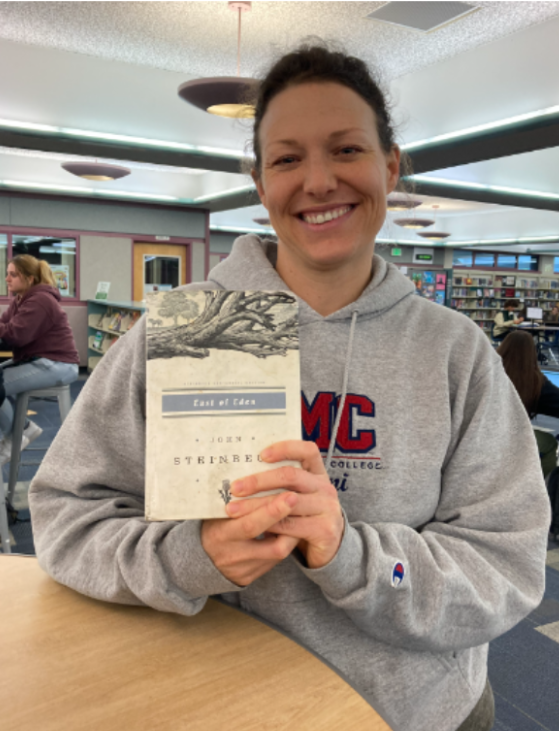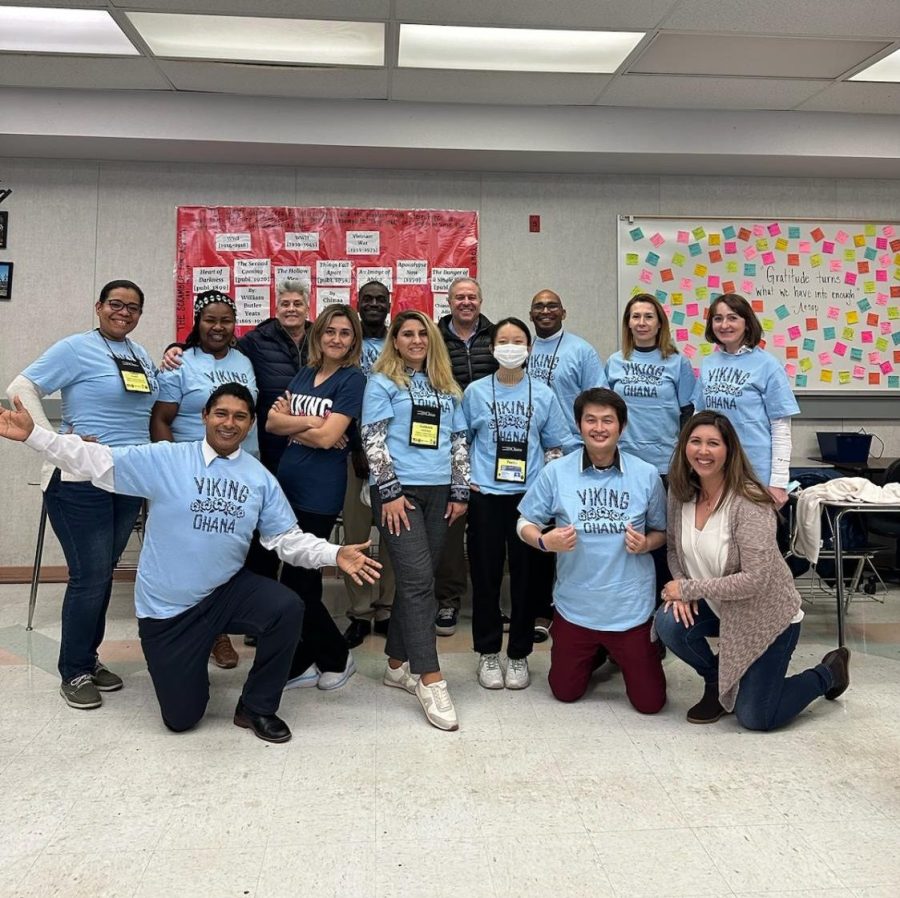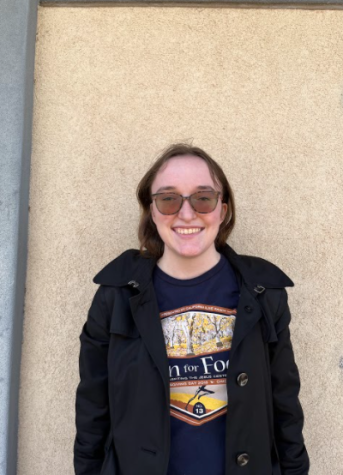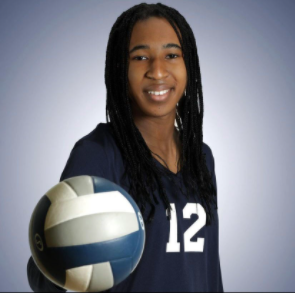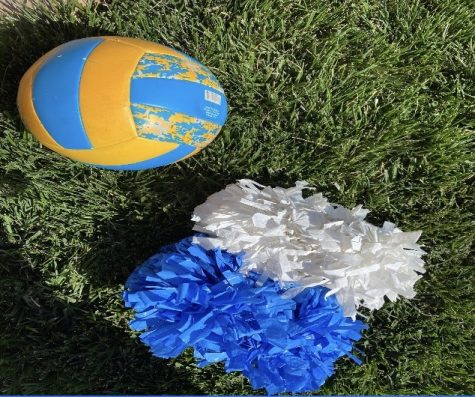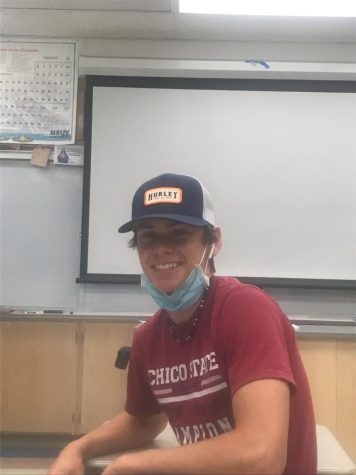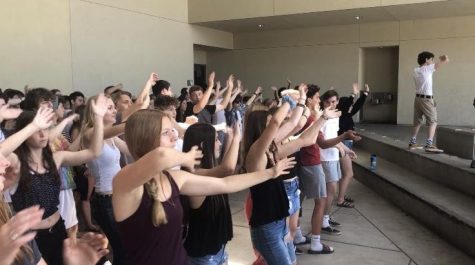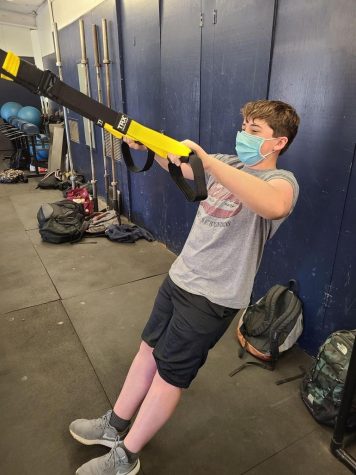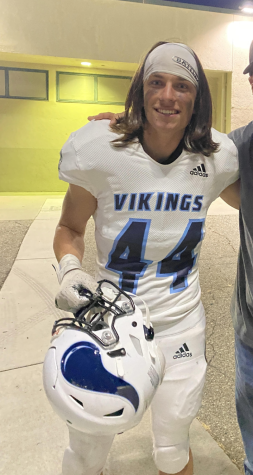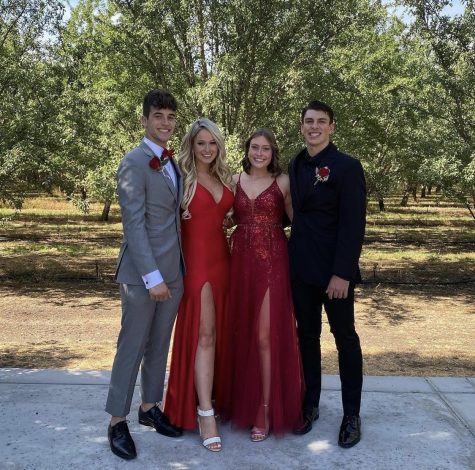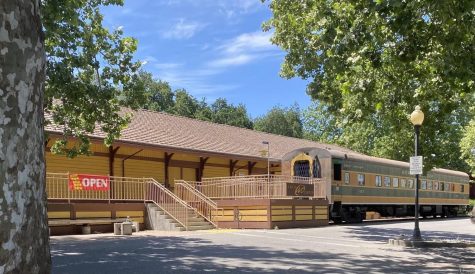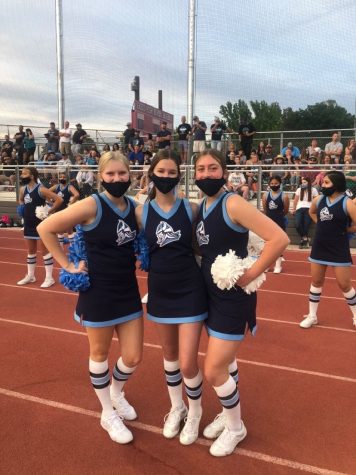Students Cope with COVID-19
Many teens were skeptical when they first learned that schools would be “locked down” for two weeks last March. Some were also pleased that their spring break would be extended. Those two weeks, however, turned into a month, then a semester, and so on until the end of the 2019-2020 school year. Seniors were unable to graduate or go to their senior prom. Mandatory masks and social distancing norms were established, changing the daily routines and lifestyles of everyone. Students were forced to learn online via Zoom lessons and Google Classroom. Many would argue that this was truly a jarring experience that has had a significant effect on one of the most critical aspects of our lives: our mental health.
“COVID showed me loss since we wasted class time. We were learning things that we couldn’t remember because there was no support system with peers and no one to communicate with; I really hated it,” shares Abigail Blair, a junior at PVHS.
Because many teachers had told their students that the amount of in-class activities was limited and that they’d have far less time to reflect on the experience of learning, students have been assigned continuous amounts of curriculum and assessments. This has left them with less free time to enjoy themselves, engage in school activities, and simply be teenagers at a school.
Now, students are overwhelmed by schoolwork and extracurricular activities. This has taken a toll on many students as they are burdened by the difficulty of classes and are overloading themselves to compensate for this increased workload. As a result, many students are experiencing mental breakdowns and burnout at this time.
Jada Wysocki, a counselor here at PV, says, “The job roles of the school staff have shifted tremendously. During COVID, counselors have been busy trying to figure out changes, adhere to safety guidelines, and have missed the personal connections and interaction with students.”
Ann Castle is the ASB account technician and runs the Viking Vault. When asked about her thoughts on the pandemic affecting mental health, Castle says, “This pandemic isn’t only affecting students here at PV. It’s not just at our school, it’s everywhere, and not just northern California. And with all the natural disasters, [mental health] resources are scarce.”
What are some ways students can get help and extra support? How can students better improve their mental health and cope with the pandemic?
By maintaining social connections, whether it be online or in-person, students will feel more comfortable reaching out for help. As mental health is a topic that is unaddressed universally, it should not only be talked about more frequently but also more widely.
“It was hard to stay motivated and do work when there was no interaction between teachers, students, and their friends. Luckily, this provided students with the opportunity to connect with people through online apps such as Discord, and start up new hobbies,” optimistically says Mikhaela Compuesto, a senior at PV.
PVHS’s principal, Damon Whittaker, commented that “Students being isolated tend to not have social connections with peers, and it’s really challenging for students to reach out to adult teachers and staff members for help and support.
“Reaching out to teachers, peers, and people who you trust is the easiest way to help maintain a positive attitude during times such as the pandemic. Educating yourself on the risks, and being aware of the situation is the most important thing. What I want people to know is that it’s okay to feel stress and anxiety, especially in times of uncertainty. Picking up hobbies, going outside, getting enough sleep, are all ways that we can help improve our mental health,” encourages Wysocki.
During the pandemic, mental well-being has been deteriorating as a result of persistent social isolation; however, people have taken steps to address this problem. This has encouraged many people to make new connections and try new activities. New jobs, interests, and pastimes have filled the extra free time during COVID.
Elaina Troung, a freshman attending PV, claims “Students have coped with the negativity of mental health through mainly sports, emotional support, and new hobbies. When COVID first started, a lot of people, including myself, started to focus their energy and entertainment on new things. Instead of worrying about social distancing, many found new hobbies and ways to cope with the new ‘normal.’”
“My first response to the pandemic was frustration, and I felt really annoyed that we couldn’t go back to school. However, during this pandemic, I have found time to find myself a job at Hudson’s appliances and was able to help out more at home,” says Cal Foster, a junior at PV.
“Personally, I have gotten into gaming and have met a ton of new people who are just like those who are in high school and are going through the exact same situation. The hardest part of COVID is definitely the lack of social interaction, but, through technology and social media, we’ve been able to bridge the gap and come out stronger in the end,” shares Compuesto.
While some people find new ways to spend their time, others use their space to encourage a safe and dependable environment.
Lauren Barrera-Green, an art teacher at PV, shares her interests, “My goal this year is to create a place where students can come in, relax, and be in an environment where they feel safe. This year I have had to teach each individual student, trying to help each person with their own needs. We don’t know what our students are going through, and discipline, motivation, and classroom management are needed even more now to better understand and help each student with their problems.”
PV students and teachers have dealt with issues that have had a negative impact on their mental health. Some people, on the other hand, have taken steps to remain optimistic during these challenging times.
“I suggest pushing forward through all of these hardships and challenges. We still have each other to lean on, such as our teams, classmates, and teachers. We may not all be related by blood, but we are still all part of the Viking family,” says Troung, who is confident that there is a light at the end of the tunnel.
Although COVID has had negative effects on our mental well-being, we must remain strong and optimistic until the end in order to conquer this obstacle as one community. This begins with a recognition of the importance of mental health. Despite all of the uncertainty and doubts that have arisen during this “unprecedented” era, the pandemic has shown that we are all in this together.
If you are struggling with your mental health and need extra support, here is a list of local resources:
- Butte Youth Now – Sign & Symptoms of Youth Depression for Teens
- Suicide Prevention Lifeline – How to Take Care of Yourself
- Youth by Youth – Where Mental Health, Wellness, Engagement and Technology Meet
- American Foundation for Suicide Prevention – Fight Suicide
- Friends for Survival – Help After a Suicide Death
- Butte 2-1-1 – 24 Hour Hotlines & Crisis Intervention
- Butte County Behavioral Health -Getting Help in Butte County
- PVHS Counseling Resources
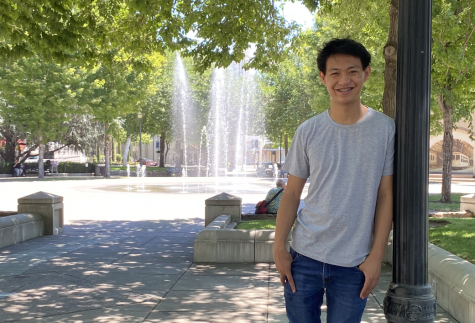
James (2022) joined the Saga his junior year and loves playing musical instruments, joining new clubs, and wants to travel the world.

